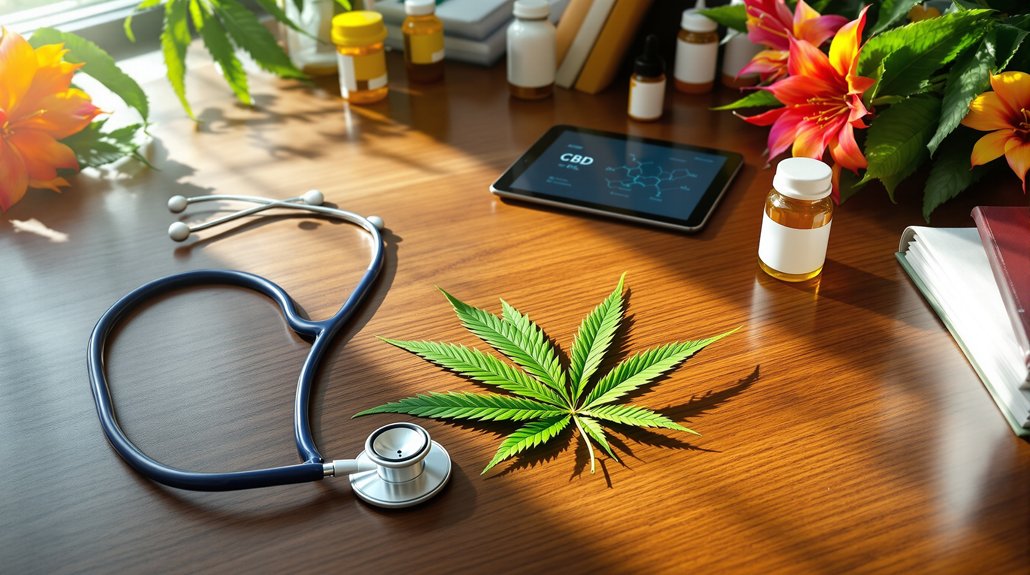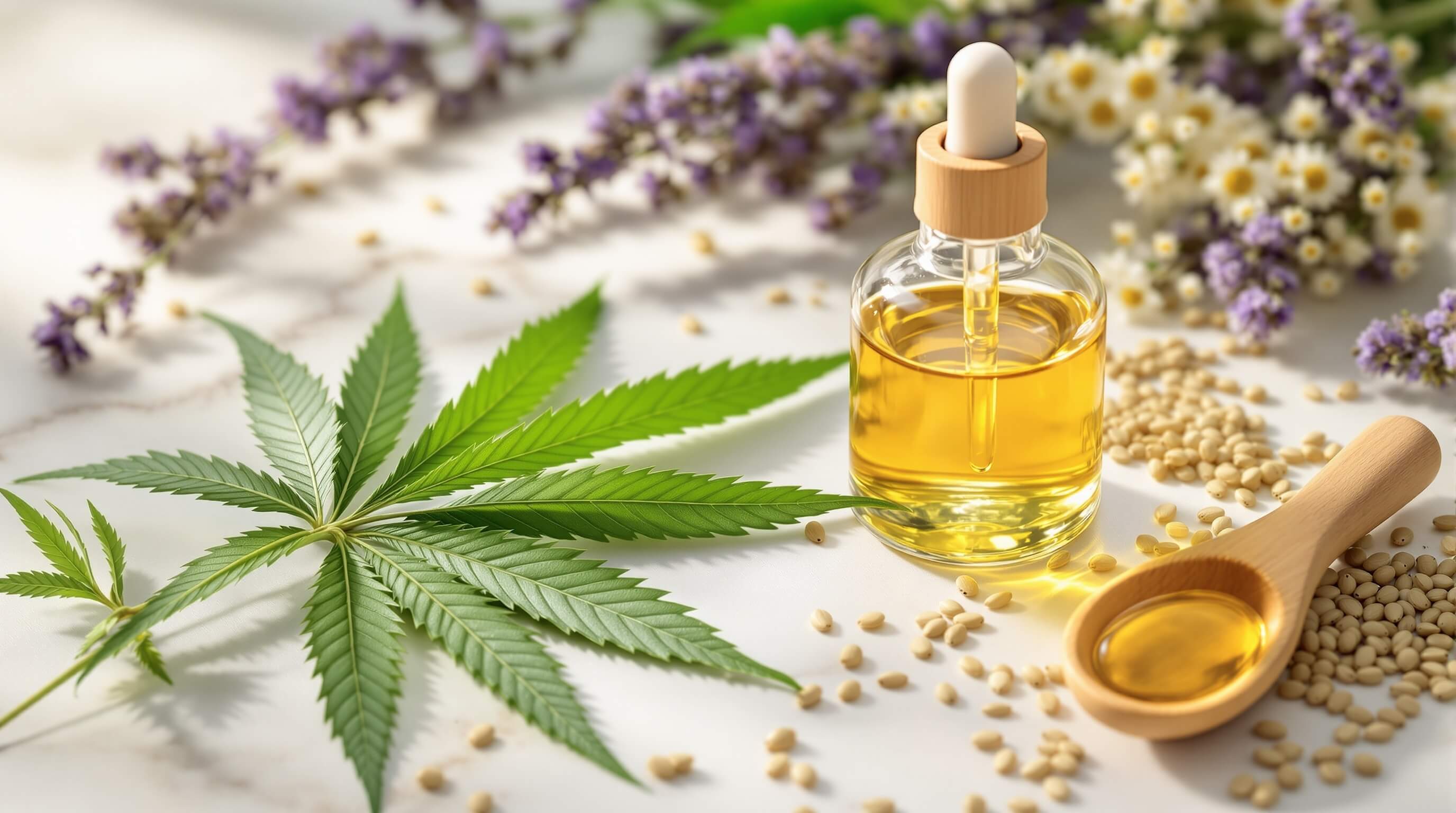As inflammatory bowel disease (IBD) patients increasingly seek alternatives to conventional treatments, cannabis and CBD oil have emerged as popular complementary options for symptom management. Recent research reveals that 54% of IBD patients report using cannabis, while 41% utilize CBD oil for medical purposes, indicating widespread adoption within the patient community.
The data demonstrates notable therapeutic potential, with 63% of IBD patients believing cannabis provides meaningful benefits, and 57% expressing similar confidence in CBD oil. These perception rates mirror patient attitudes toward established treatments like corticosteroids and biologics, suggesting cannabis and CBD have achieved comparable credibility among those managing IBD symptoms.
Cannabis and CBD oil have achieved comparable credibility to established IBD treatments among patients seeking symptom management.
Research indicates these substances excel in acute symptom management, with 37% of patients using cannabis and 26% using CBD oil for short-term relief, compared to 23% and 18% respectively for long-term management. The evidence shows particular effectiveness for abdominal pain, nausea, anxiety, stress, and depression. Over 70% of cannabis users report stress reduction, while 57% experience decreased abdominal pain.
Female patients demonstrate especially positive responses to CBD, with 76% reporting pain improvement, 64% experiencing reduced nausea, and 60% noting appetite enhancement.
Notably, patients with Crohn’s disease report superior symptom relief compared to those with ulcerative colitis, particularly regarding pain, anxiety, and depression management. Unlike THC-O acetate, which requires laboratory synthesis and has approximately four times the potency of traditional THC, CBD provides relief without intense psychoactive effects. Animal studies support these findings, revealing anti-inflammatory and antidiarrheal properties relevant to IBD treatment. The study included 139 participants comprising both IBD patients and healthy controls to provide comprehensive comparative data.
Perhaps most importantly, the research reveals substantial impact on opioid dependency. Among IBD patients, 19.4% report decreased opioid use after initiating cannabis or CBD therapy, while 14.5% experience induced remission. When combined, 34% of participants indicate these substances either reduced their opioid requirements or promoted disease remission. Only 3% report symptom worsening or increased opioid needs.
The safety profile appears generally favorable, with few patients reporting adverse effects in recent surveys. However, researchers emphasize that long-term impacts remain unclear, and some studies suggest possible increased surgery risk for Crohn’s disease patients with chronic cannabis use.
Support for medical cannabis and CBD integration reaches 86% among IBD patients, reflecting strong acceptance within this population. While small-scale clinical trials have not consistently demonstrated notable improvements in disease activity, the patient-reported outcomes suggest meaningful symptom management benefits.
These findings highlight the pressing need for larger randomized controlled trials to establish definitive comparative efficacy data. The study was conducted by researchers from University Hospitals Cleveland Medical Center and Case Western Reserve University, adding institutional credibility to the findings. As standardization of products and dosing protocols continues developing, cannabis and CBD represent promising adjunct therapies for IBD symptom management, particularly for acute relief applications.









